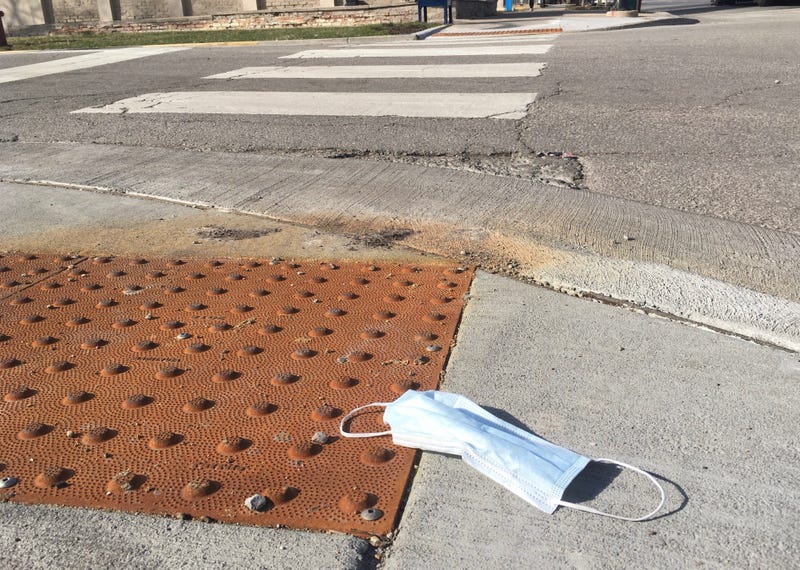
CHICAGO (WBBM NEWSRADIO) — Mayor Lori Lightfoot on Monday announced a “call to action” on the racial disparity that shows African Americans are disproportionately more likely to die of COVID-19
As of Sunday, 68% of COVID-19 deaths in Chicago are black even though they make up 29% of the city’s population, according to data from the Cook County medical examiner’s office reviewed by the Chicago Sun-Times. Black residents account for 71 of the city’s 103 coronavirus deaths.
In Cook County, 120 of the 210 COVID-19 deaths are black residents, according to the data. Blacks represent 57% of the deaths of the county, but are only 22% of the population.
Lightfoot called the racial disparity in the data a “public health red alarm,” and announced the creation of a task force to tackle the issue.
“No one should think this is OK. We’ve been talking about these issues for years… Now is the time to take action as a city,” Lightfoot said.
The concentration of COVID-19 deaths in the black population is due to a history of racial disparity in health care and other factors, according to Kristen Clarke, president of the Lawyers’ Committee for Civil Rights Under Law.
“We know that black Americans are particularly vulnerable, based on a history of racial disparity and preexisting conditions,” Clarke said in a news conference. Only 20% of African Americans can work from home, compared to 33% of whites, making black residents more exposed to the disease, she said.
Lightfoot also called on other municipalities to release racial data regarding COVID-19 cases and death to expose that the disparities extend nationwide.
Dr. Uche Blackstock, CEO of Advancing Health Equity, said racial health data on COVID-19 has only been released by a handful of states, including Illinois and Michigan. In a news conference, he said that racial data is important to help direct resources to the community who need them most.
“There’s no defensible reason for excluding” that data, Blackstock said.
